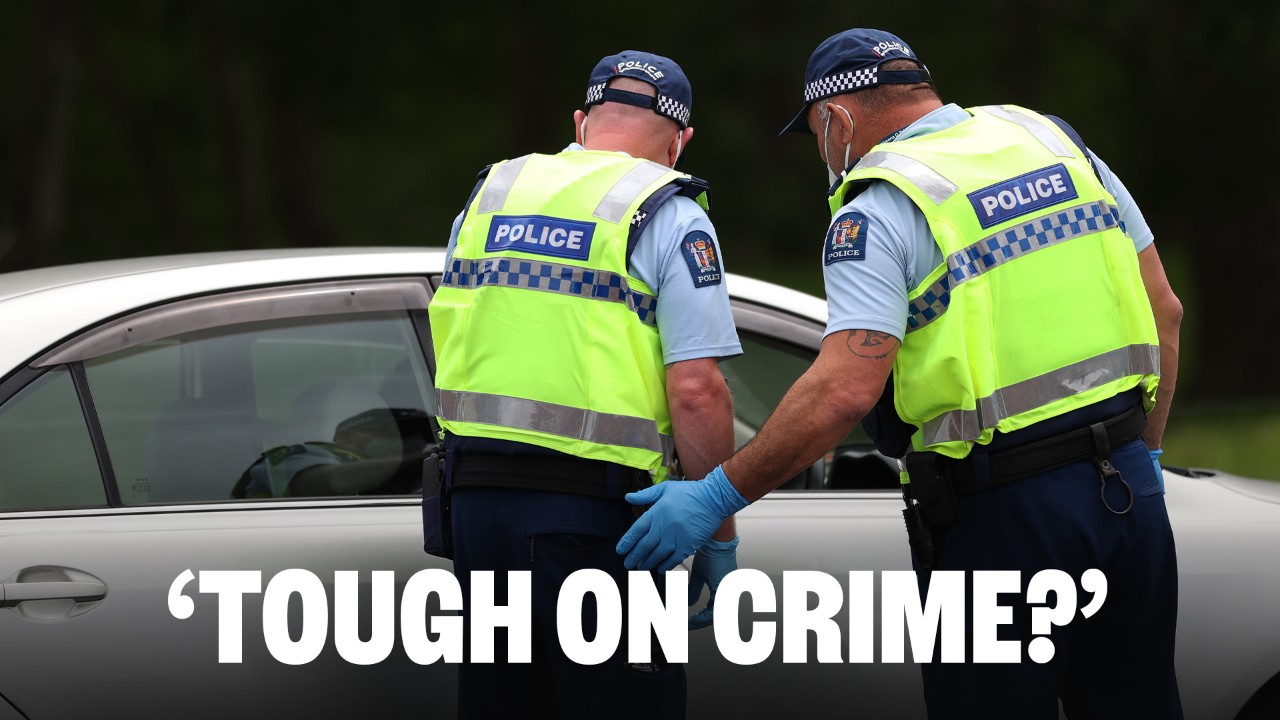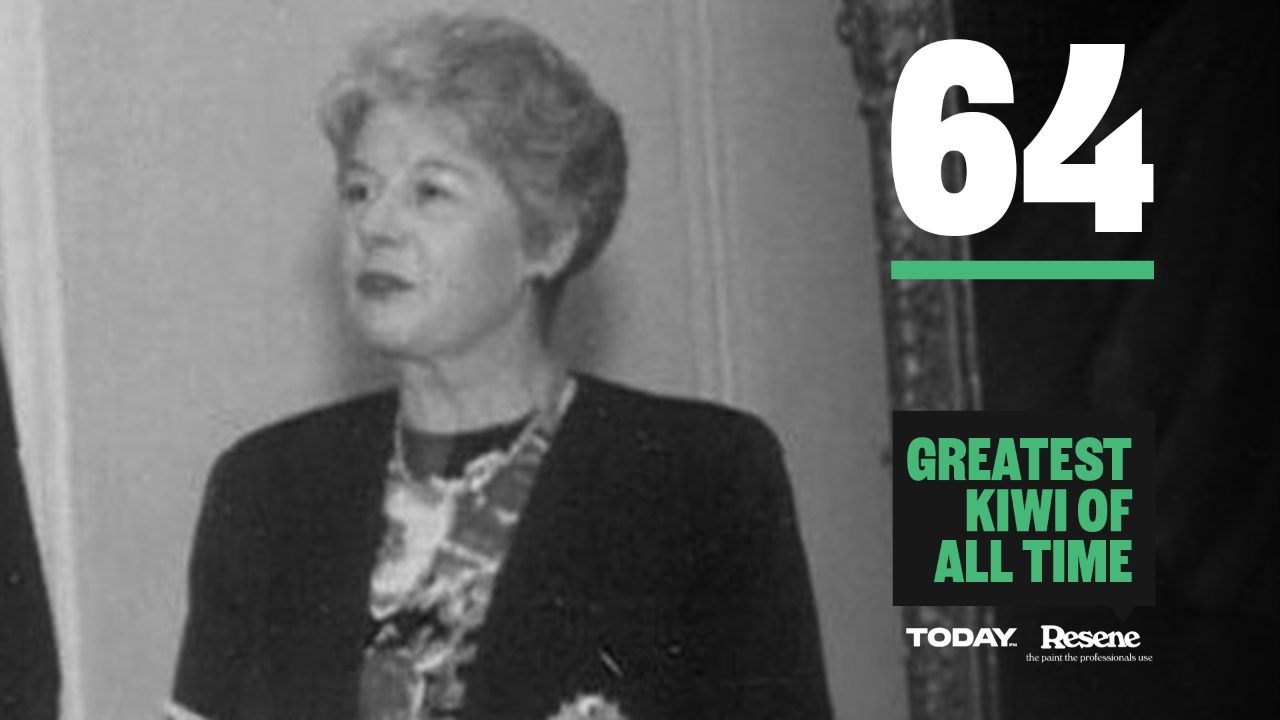Amnesty International is concerned about tough-on-crime narratives this election year.
It is concerned that punitive approaches to youth crime, in particular, do not reduce offending.
Campaigns Director Lisa Woods says downstream interventions often fail to address underlying issues.
"Instead of solving the problems, our current laws are just funnelling children into a system that can trap them for the rest of their lives.
"This does damage to the child, to Whānau, and to the rest of society."
Woods says policies that get to the heart of the issues behind harmful behaviour are needed.
"We need to stop taking a piecemeal approach to this," said Woods.
"Transformational change is required across the criminal justice system and this needs to be prioritised."
"We need interventions that treat the whole person and what's going on in their life, not just the symptom of what's wrong, which is the offence."
The call is to put human rights at the base of every approach to reduce violent criminal offending.
The general election will be held on October 14th.











